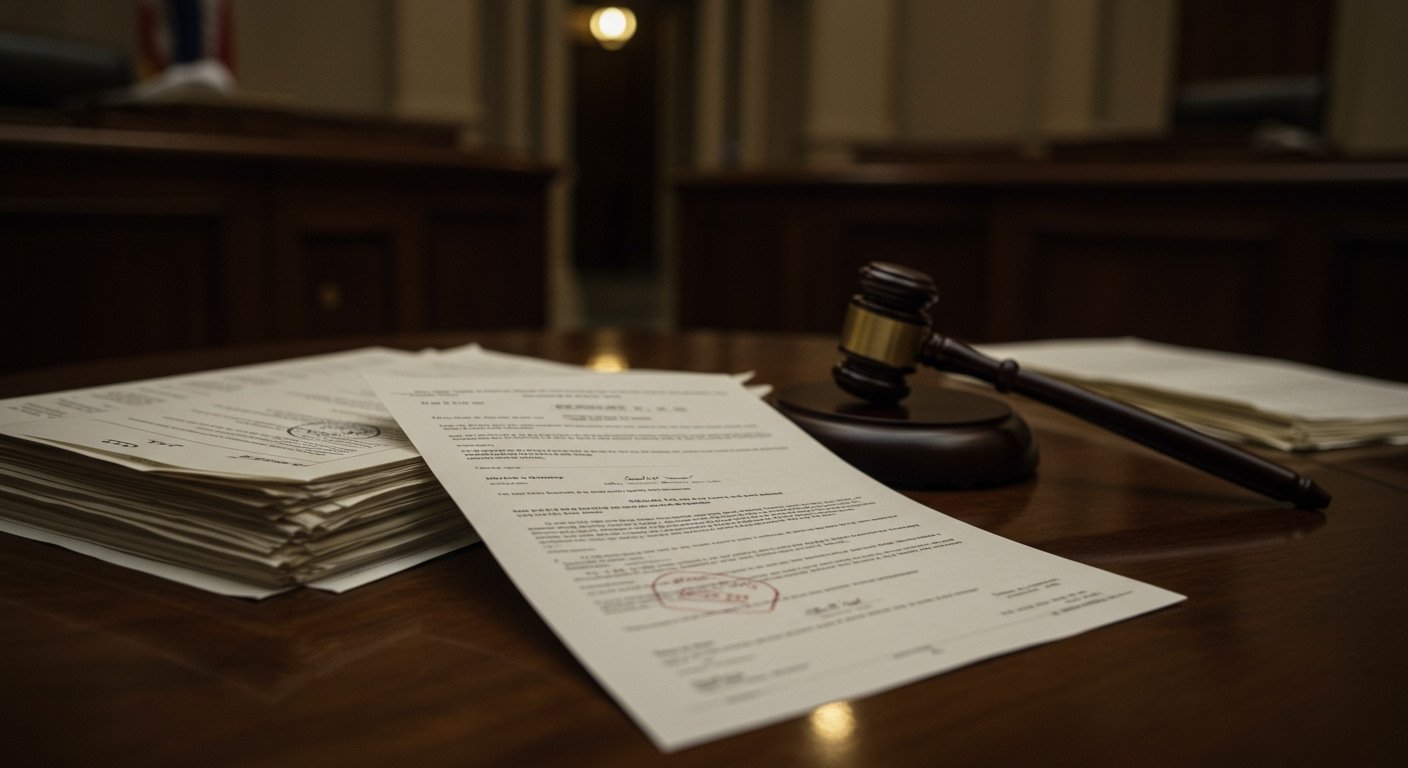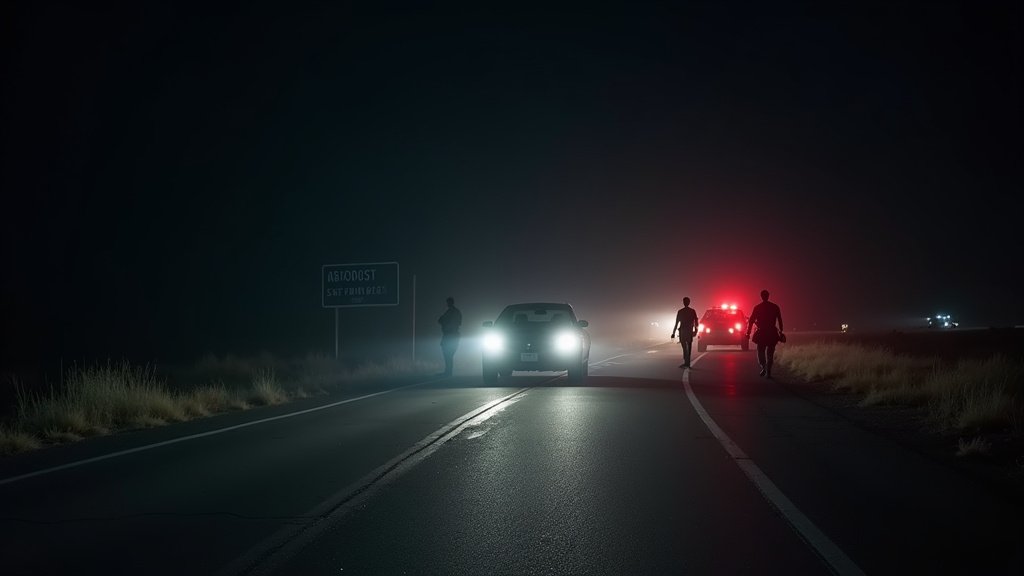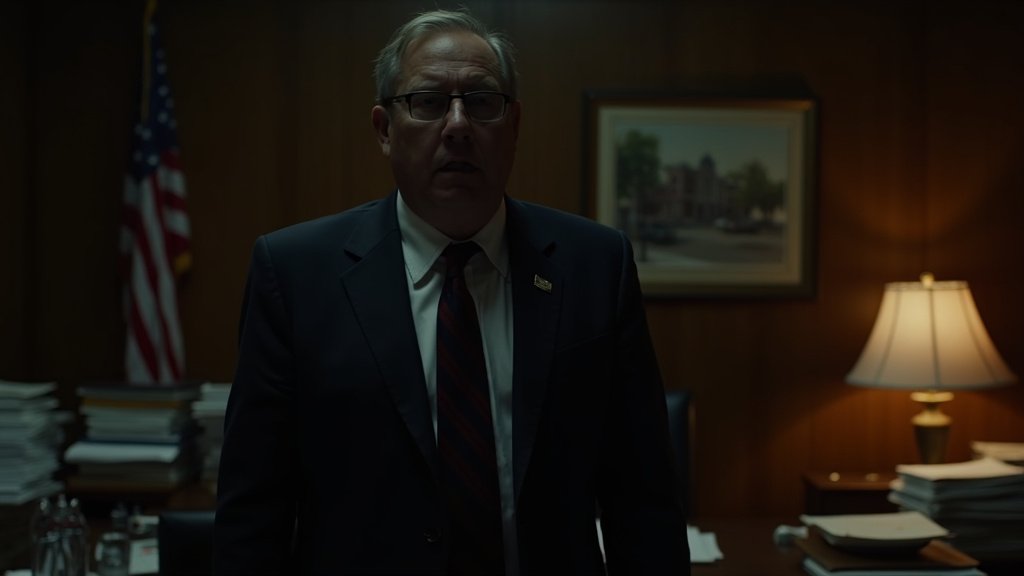Texas Governor Greg Abbott has officially called state lawmakers back to the Capitol for a special legislative session. Set to commence on July 21, the session’s initial focus centers on addressing bills previously vetoed by the governor during the recent 89th regular legislative session held in June. This initial agenda encompasses six issues that Abbott deemed necessary to revisit.
Understanding the Texas Special Session Procedure
Special legislative sessions in Texas operate under distinct rules compared to the regular biennial sessions. Critically, a special session can last for a maximum of 30 days, providing a compressed timeframe for legislative action. Unlike the 140-day regular sessions, which include a 60-day waiting period before most bills can be considered for a final vote, special sessions allow for the immediate passage of bills once they move through the committee process and floor debates. However, a key characteristic defining these extraordinary sessions is that the agenda for special sessions is limited to topics designated by the governor. Lawmakers cannot introduce or vote on issues outside of the specific call issued by the governor, giving the executive significant control over the legislative focus during this period.
Key Issues on the Initial Agenda
The initial call for the special session stems directly from legislation that Governor Abbott vetoed following the conclusion of the regular session in June. The agenda targets specific measures that, while passed by the legislature, did not receive the governor’s final assent. Reconsidering these bills Abbott vetoed forms the core of the six issues lawmakers are initially tasked with addressing.
One of the most significant items on the agenda is Texas Senate Bill 3. This bill, as passed during the regular session, aimed to implement a ban on certain recreational THC products, specifically mentioning items like gummies and vape pens. Governor Abbott vetoed it citing potential conflicts with federal law. Instead of an outright ban as proposed in the original bill, the governor is now seeking the legislature to establish a regulatory framework for these products. This shift suggests an effort to manage the presence of these substances within the state through clear rules and oversight, rather than a complete prohibition, navigating the complex intersection of state and federal drug statutes.
Addressing Property and Infrastructure Concerns
Beyond the debate over THC products, the initial list of vetoed bills includes measures impacting industry practices and property rights. One such item involves a bill designed to reduce fees for builders prioritizing water conservation. This measure sought to incentivize sustainable building practices by lowering costs for developers who implement water-saving techniques in their projects. Governor Abbott vetoed this bill, stating that it was too restrictive, implying that the proposed mechanism or conditions for fee reduction were overly burdensome or limited in scope from his perspective.
Another crucial item concerns strengthening legal safeguards against property crime. The agenda includes a measure intended to strengthen protections against land title theft and deed fraud. These types of fraud can pose significant risks to property owners, potentially leading to devastating financial losses and legal battles. Similar to the water conservation bill, Governor Abbott also vetoed this protective measure, again stating that its provisions were too restrictive. The call for the special session indicates the governor’s desire for the legislature to craft a revised approach to this issue that addresses his concerns about the previous bill’s limitations.
Adding Flood Response to the Call
In a notable expansion of the special session’s scope, Governor Abbott added an urgent item to the agenda on Sunday: flood response. This addition comes in the wake of recent deadly floods that impacted parts of the state. Specifically, severe flooding occurred in Kerr County and tragically affected individuals at Camp Mystic. The inclusion of flood response on the special session agenda underscores the immediate need for legislative attention and potential action related to disaster relief, infrastructure resilience, or emergency management protocols in response to these natural disasters.
The Path Ahead
With the special session convening on July 21, state lawmakers face a busy period under the tight maximum of 30 days limit. The governor’s control over the agenda for special sessions is limited to topics designated by the governor, meaning legislative efforts will be strictly focused on the issues outlined in his call, including the vetoed bills and the recently added flood response. The ability for immediate passage of bills distinguishes this session from the regular process, potentially allowing for rapid legislative action on these pressing matters. The coming weeks will determine how the legislature tackles these diverse and critical issues under the constraints of a special session.






